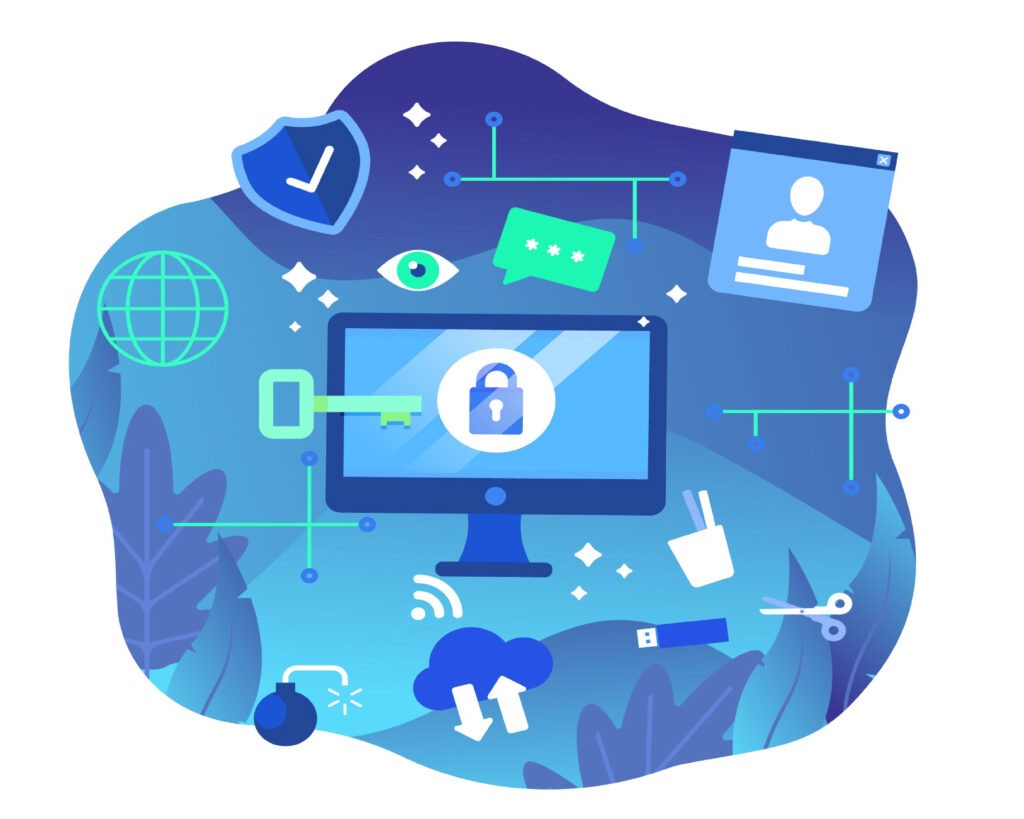

Cybersecurity Essentials: Protect Your Digital Assets
In today’s digital world, cybersecurity is more important than ever. Without proper protection, your personal data and business information are at risk. Cybersecurity essentials are the first line of defense against potential threats and breaches. By implementing the right measures, you can secure your systems, networks, and sensitive information.
What is Cybersecurity?
Cybersecurity refers to the practices, technologies, and processes designed to protect digital devices, systems, and networks from cyberattacks. It involves safeguarding both hardware and software, ensuring that sensitive data remains safe from unauthorized access.
Why Cybersecurity Matters
Without a robust cybersecurity plan, you expose your devices and networks to threats like malware, ransomware, and phishing. Cyberattacks are becoming more sophisticated, and organizations face growing risks of data breaches. In fact, businesses of all sizes are potential targets for cybercriminals.
Cybersecurity Essentials for Individuals and Businesses
Here are some essential cybersecurity practices to protect your digital assets:
- Use Strong Passwords: Always choose complex passwords that are hard to guess. Avoid using easily identifiable information like your name or birthdate.
- Enable Two-Factor Authentication: This adds an extra layer of security by requiring a second form of verification in addition to your password.
- Install Antivirus Software: Antivirus software helps detect and block harmful viruses, malware, and spyware from damaging your systems.
- Regular Software Updates: Keep your operating systems and software up to date. Updates often contain important security patches that fix vulnerabilities.
- Backup Your Data: Regularly back up your data to a secure location, such as an external hard drive or a cloud service. This ensures you don’t lose important files in the event of an attack.
For more tips on securing your online presence, you can visit the Cybersecurity and Infrastructure Security Agency (CISA) for official guidelines and resources.
Best Practices for Businesses
Businesses should adopt a more comprehensive cybersecurity strategy. This includes:
- Employee Training: Employees should be trained to recognize phishing attempts and to follow security best practices.
- Encrypt Sensitive Data: Encryption ensures that sensitive data remains unreadable to unauthorized users.
- Implement Network Security: Use firewalls and intrusion detection systems to prevent unauthorized access to your network.
- Secure Remote Work: With more employees working remotely, it’s crucial to ensure that your virtual private network (VPN) is secure and that devices are properly configured.
The National Cyber Security Centre (NCSC) offers additional resources to help businesses strengthen their cybersecurity posture.
The Role of Cybersecurity in Your Digital Future
As technology continues to evolve, so too do the methods of cybercriminals. Staying up to date on cybersecurity essentials is key to protecting your digital assets. Regularly reviewing and improving your security measures can ensure that you are prepared for the ever-changing landscape of cyber threats.
For expert advice on emerging cyber threats, check out Krebs on Security for the latest updates and insights.
